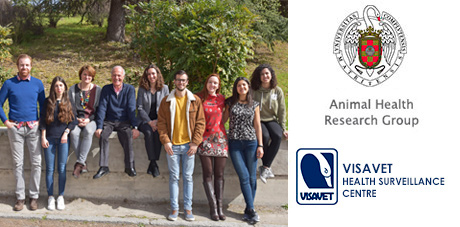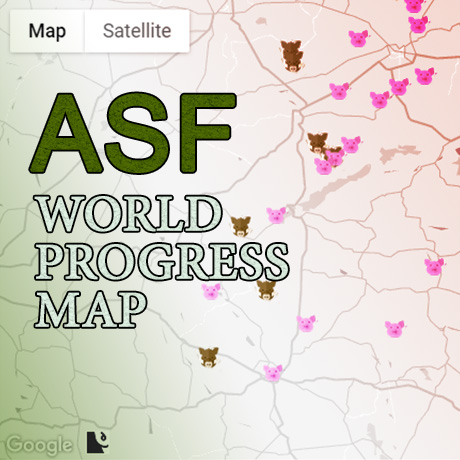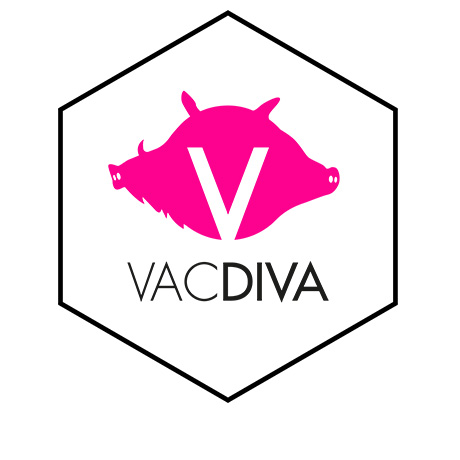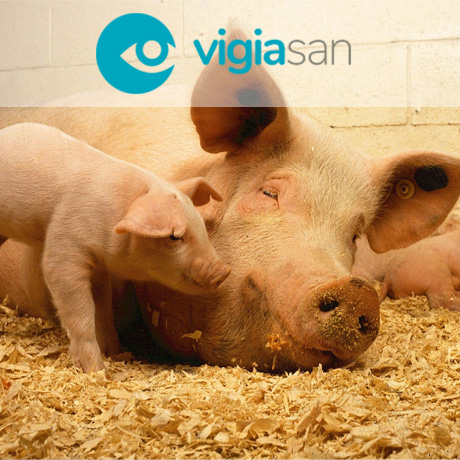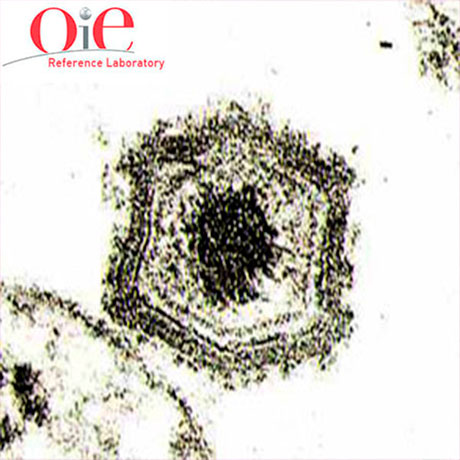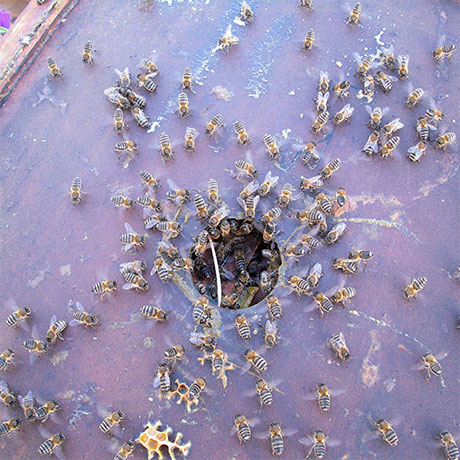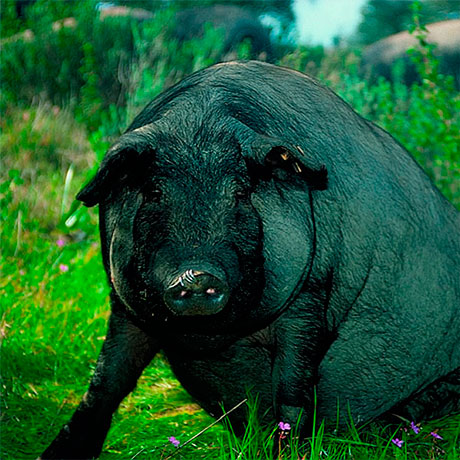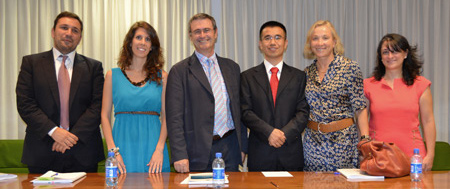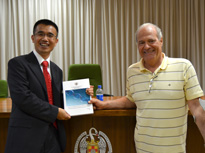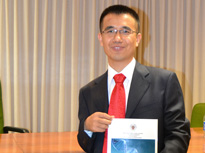George C. Poppensiek Visiting Professor in Global Animal Health
.gif) Cornell University (Ithaca, New York) has appointed Prof. Jose Manuel Sanchez-Vizcaino as "2013 George C. Poppensiek Visiting Professor in Global Animal Health".
Cornell University (Ithaca, New York) has appointed Prof. Jose Manuel Sanchez-Vizcaino as "2013 George C. Poppensiek Visiting Professor in Global Animal Health".
During days 4 to 11 September, the teacher will stay in college to participate with several presentations on Global Animal Health.
All SUAT unit of the Complutense University wants to convey his congratulations on this appointment.
Update (pics of the event):
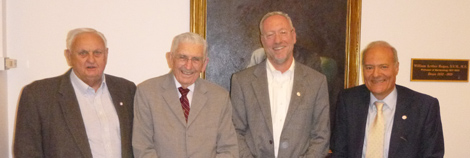
Prof. Carmichael, Prof. Poppensiek, Prof. Kotlikoff (Dean of the College of Veterinary Medicine, Cornell University) & Prof. Sánchez-Vizcaíno
Guo Xiaoyu PhD Thesis
Management of Agricultural and Environmental Risks
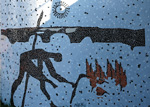 The Secretariat of Agriculture, Food and Environment (MAGRAMA) organized this seminar on 25th June in Madrid.
The Secretariat of Agriculture, Food and Environment (MAGRAMA) organized this seminar on 25th June in Madrid.
Professor Sanchez-Vizcaino participated with the oral communication "New surveillance based on risk: European projects that will change the history of the prevention and control of diseases".
![]() Diptych of the seminar (spanish)
Diptych of the seminar (spanish)
Master in swine health and production

The management team of the Master is pleased to invite you to the Official Opening and Closing 2013 Edition 2012 Edition of the Master in Swine Health and Production next June 4.
V Annual Conference Vet + i
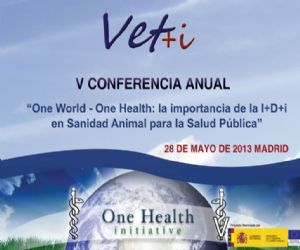 The Conference is titled "One World-One Health: the importance of R & D Animal Health for Public Health", will take place on May 28 in Madrid.
The Conference is titled "One World-One Health: the importance of R & D Animal Health for Public Health", will take place on May 28 in Madrid.
Professor José Manuel Sánchez-Vizcaíno give a lecture on "Present and future of emerging zoonoses".
New protective measures against bluetongue
Almudena Sánchez Matamoros & José Manuel Sánchez-Vizcaíno
SUAT-UCM
Order AAA/570/2013 laying down specific measures of protection in relation to bluetongue virus.
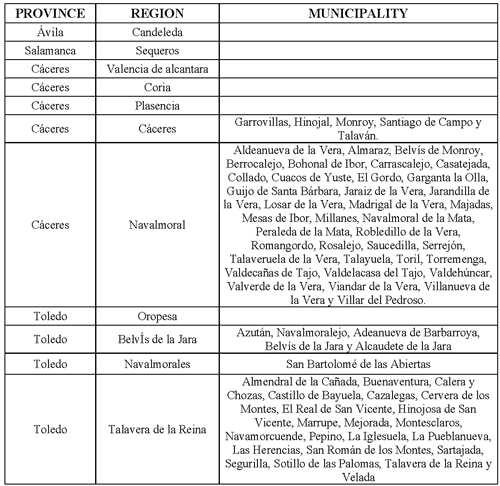 After ARM/3373/2010 Order, which established the cessation of compulsory vaccination against bluetongue from July 2011, the epidemiological evolution of the disease has been considered favorable except for a defined geographic areas in the northern region of Extremadura where has been detected the viral serotype 1. Therefore, the Ministry of Agriculture, Food and Environment has found necessary to re-establish mandatory vaccination against serotype 1 in areas with high risk. The aim of this measure is the final eradication of the disease.
After ARM/3373/2010 Order, which established the cessation of compulsory vaccination against bluetongue from July 2011, the epidemiological evolution of the disease has been considered favorable except for a defined geographic areas in the northern region of Extremadura where has been detected the viral serotype 1. Therefore, the Ministry of Agriculture, Food and Environment has found necessary to re-establish mandatory vaccination against serotype 1 in areas with high risk. The aim of this measure is the final eradication of the disease.
Vaccination against serotype 1 BTV is required in animals of the ovine and bovine spp older than 3 months of age that are located in the following region and municipalities listed in the following table. It is made with inactivated vaccine and prior to 31 July, 2013.
In addition, the competent authority may apply special mandatory vaccination programs in certain farms with high risk for transmission of bluetongue virus. Furthermore, in cases where it is not mandatory vaccination of animals, the holder may choose to vaccinate animals which are found in area restricted.
Links:
BOE 13/04/2013
BOE 30/12/2010



